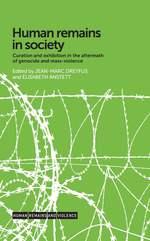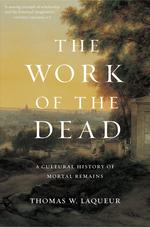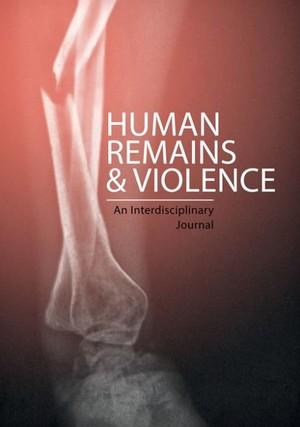Journal
Santiago de Chile‘s morgue: the partial appropriation of the body and the rupturing of funeral rites
Human Remains and Violence, Volume 3, No. 2 (2017), pp. 4-21
Author
Jose Manuel Varas Insunza
Publication Year
2017
Region
The Americas
Location
Santiago de Chile
;
Chile
;
The Americas
Thematic Area
Forensics
Topic
Management of the Dead
/
Religious Aspects
Access
Open access
This article describes the operational practices of the city morgue in Santiago, Chile and their effects on the family members who come to claim the bodies of their loved ones. It explores the impact of the body‘s passage through the morgue on the observance of rituals surrounding death and mourning. An underlying conflict can be identified between the states partial appropriation of and interference with the body and intrinsic needs associated with the performance of funeral rites in accordance with cultural and religious precepts.
Share





